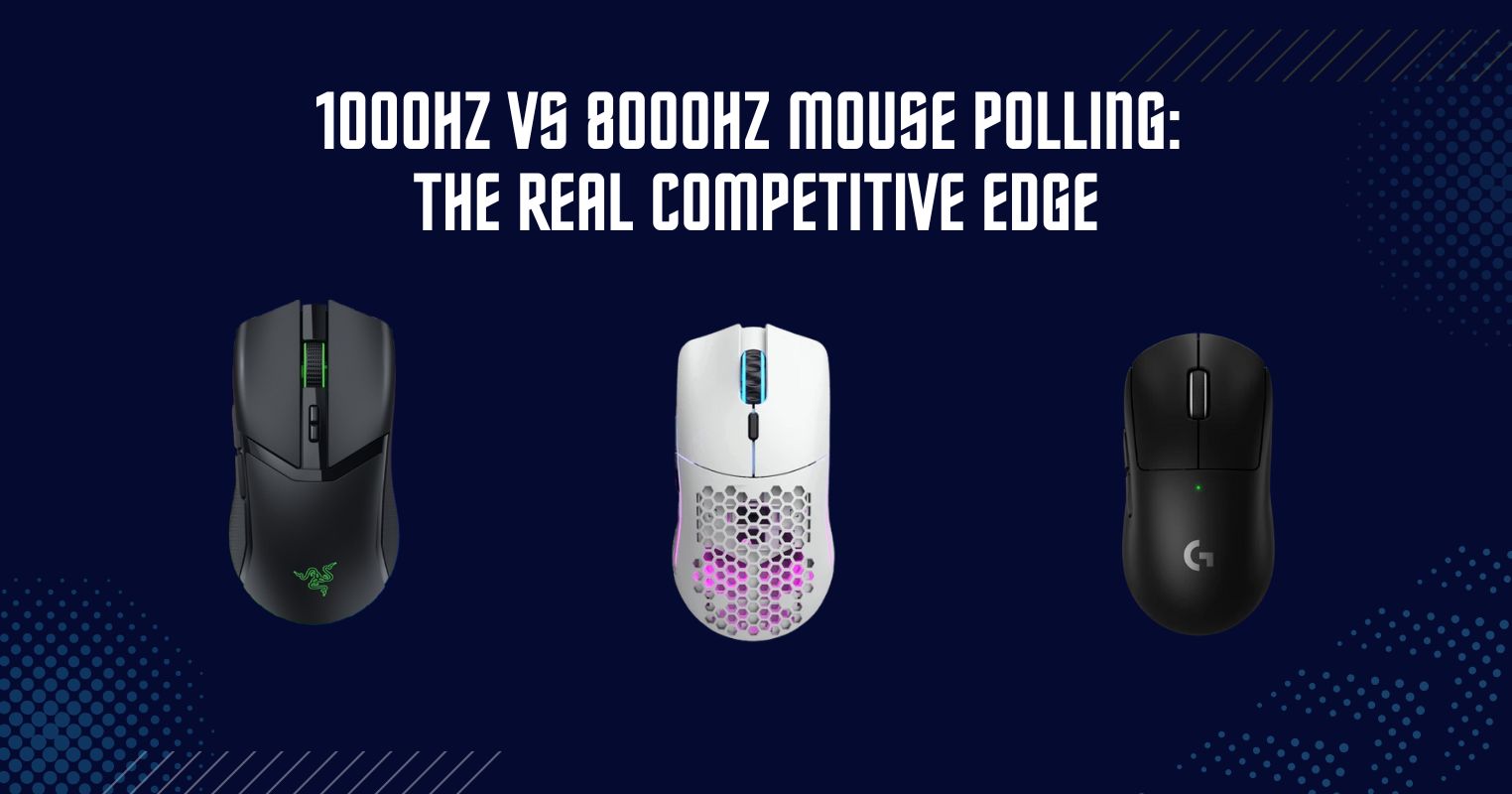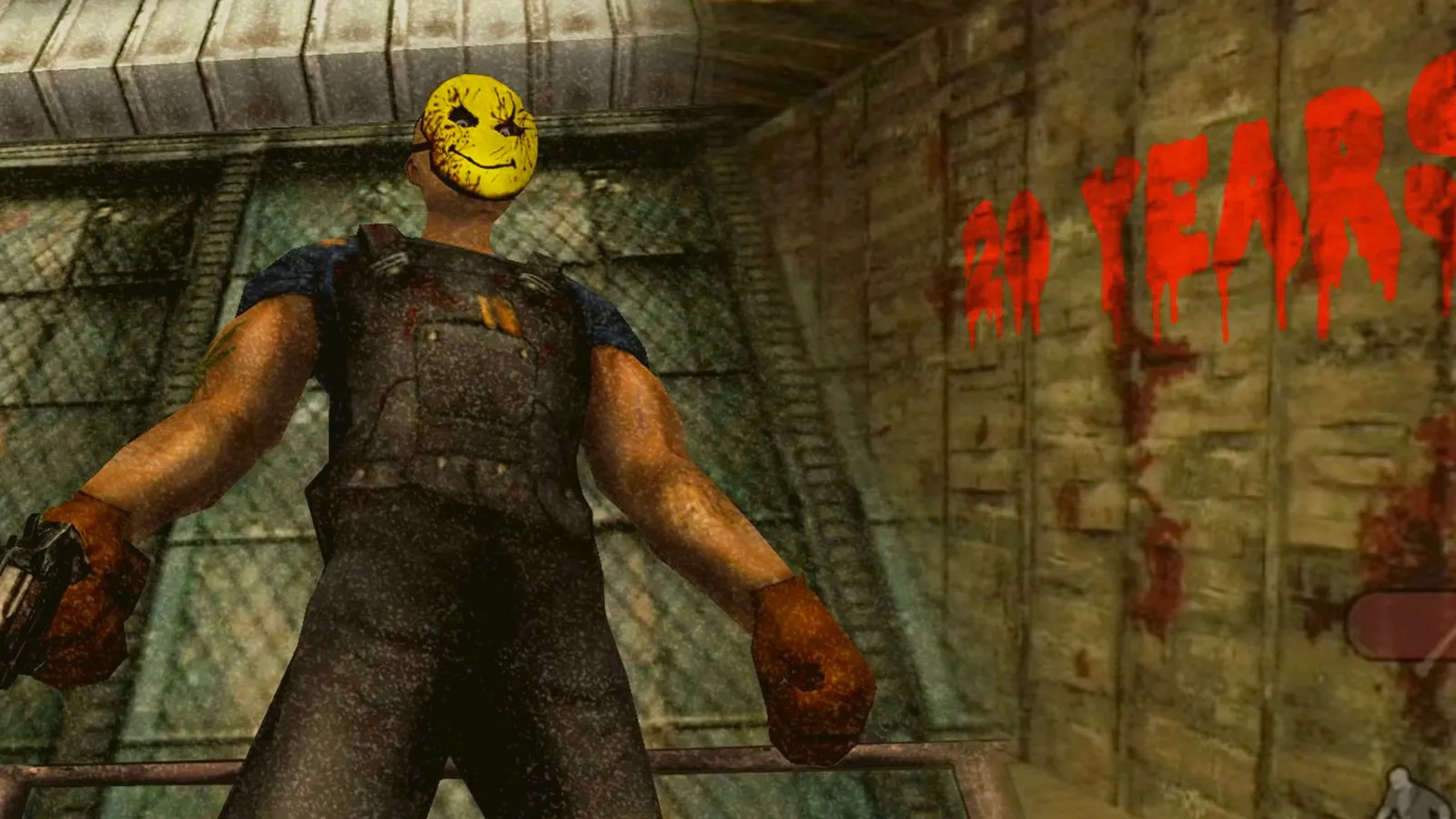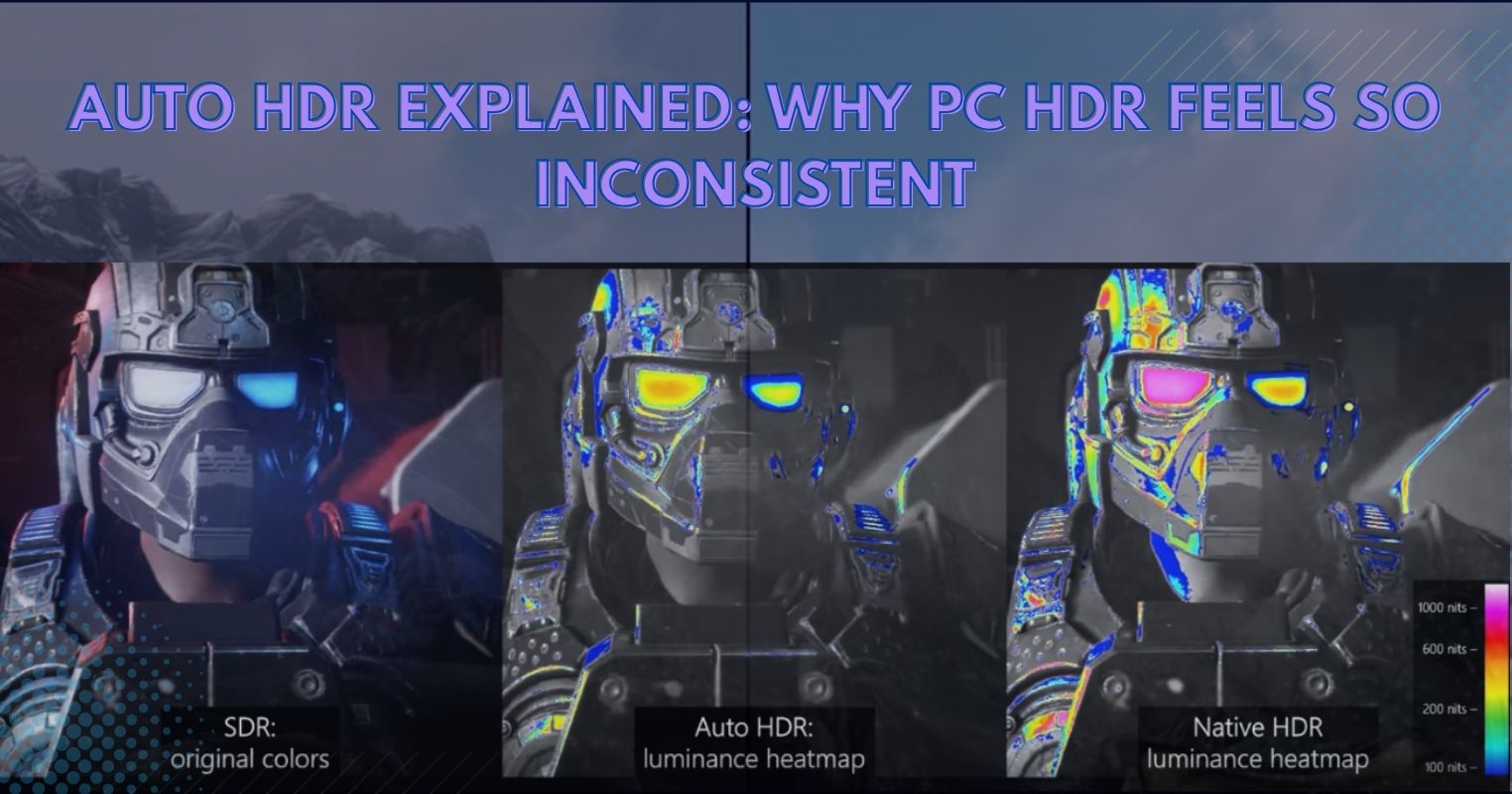- Battle passes initially came with the promise of eradicating loot boxes.
- They have become prevalent in all games today, even in $70 AAA releases.
- Most battle passes rely on the fear of missing out to keep players engaged for hours on end without offering meaningful content.
The modern battle pass has become a hallmark of live service gaming. Boot any of the hundreds of live-service games available on consoles and PCs today, and you’ll almost certainly be met with one soon after reaching the menus.
This practice has even made its way into fighting games like Tekken and Street Fighter. Despite its popularity, however, I find it completely unacceptable. More often than not, publishers use this practice to mask terrible microtransactions behind a veil of free content and progression rewards.
Who doesn’t love having to grind for hours upon end to unlock the next boring recolor of an existing outfit in the yearly Call of Duty release? Truth be told, I’m tired of seeing battle passes everywhere and hope the industry moves on soon.
Why it matters: Microtransactions are more prevalent than ever in modern games, with monetization becoming more expensive each year.
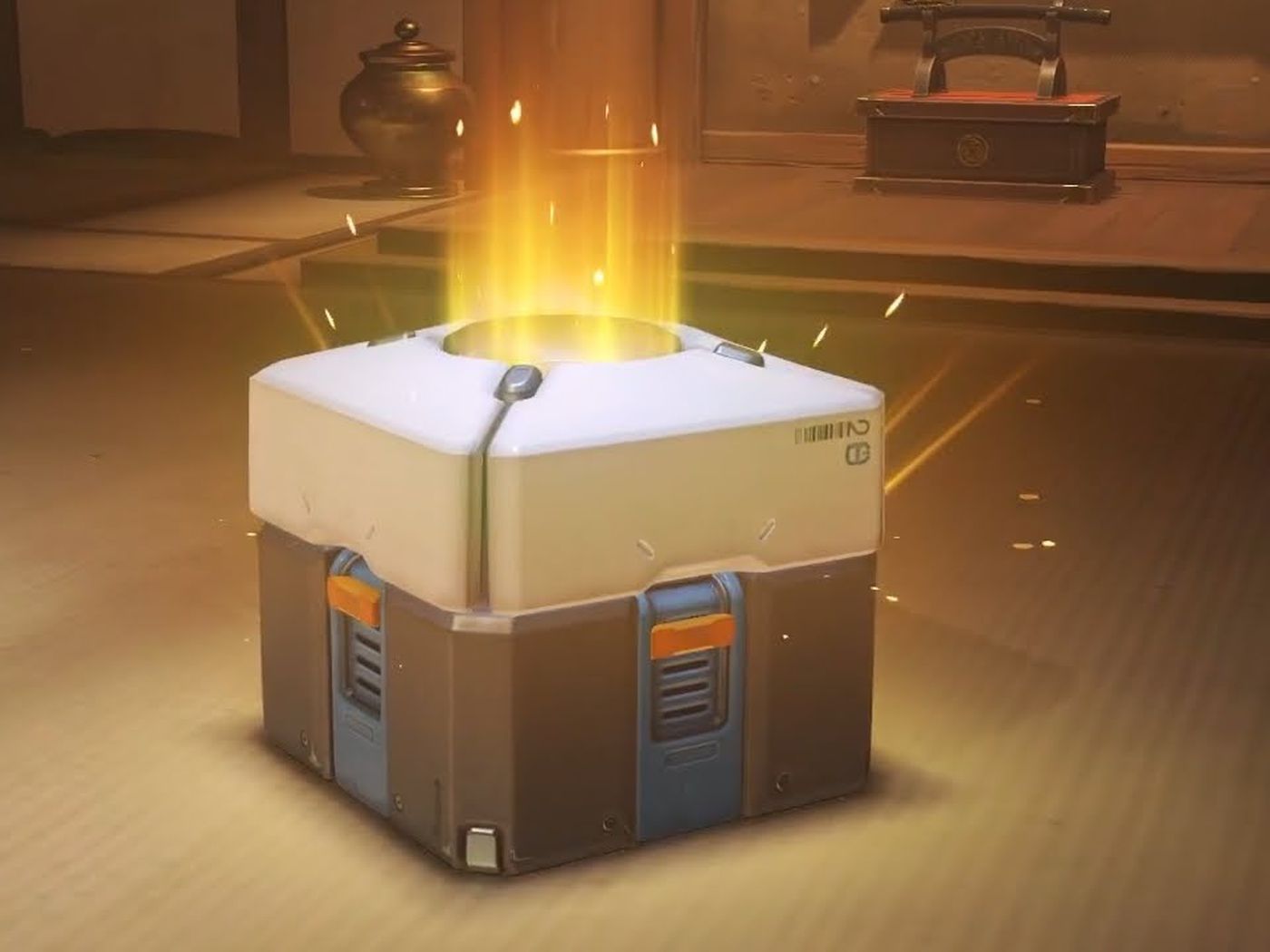
The Lesser of Two Evils
I’m not exactly sure when this practice began, but it wasn’t until Fortnite that battle passes really took off. One may argue that consumers had it worse in the past, with loot boxes being the hot trend for every publisher and developer.
At the time, battle passes came with a promise for a more fair monetization system, one that would be pocket-friendly and reward players for investing time into the game. However, I’ve come to realize that this was the lesser of two evils.
Where loot boxes were seen as predatory for their random luck-based drops, many initially appreciated battle passes for offering upfront content without deception. However, we failed to realize that the system would soon make its way into $70 AAA titles.
They made sense in free-to-play titles like Fortnite but are now pushed into nearly every modern game with a monetization system. There’s a reason players were so outraged about Tekken 8’s monetization.
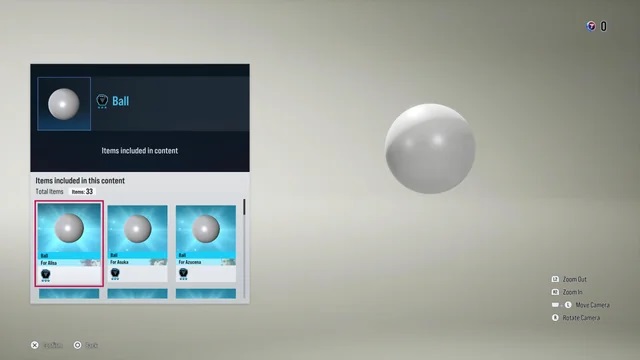
FOMO & Grinding
The worst thing about this practice is the content itself. Spread across the 100 tiers, you’ll find cosmetic skins, emotes, avatars, and a variety of other meaningless content. Publishers effectively lock five to six great add-ons behind a 100-tier-long grind wall.
Moreover, they let you pay to get through those 100 tiers instantly because why wouldn’t they? Some games also offer separate free and paid versions of this implementation. The former is almost never worth investing your time in.
Furthermore, battle passes prey on peoples’ fear of missing out. Once a new season arrives in a live-service game, there’s almost always a rush to buy the new battle pass for the latest skins.
However, this content typically lasts for a limited amount of time, forcing dedicated players to spend hours upon hours grinding for one or two desirable skins that may be eventually seen as a badge of honor. If you’re running short on time, there’s always the option to pay for tier skips, and that’s probably what publishers bet on.
This is problematic for people who enjoy more than one game. Chances are, multiple of your favorites will have a battle pass, so you’ll be forced to pick one or the other. I will point out that certain games make exceptions here.
Titles like Halo: The Master Chief Collection do away with the time limit, while many others add currency in the tiers, allowing those who complete all tiers to buy the next one at no additional cost.
However, these systems don’t make up for the other negatives.
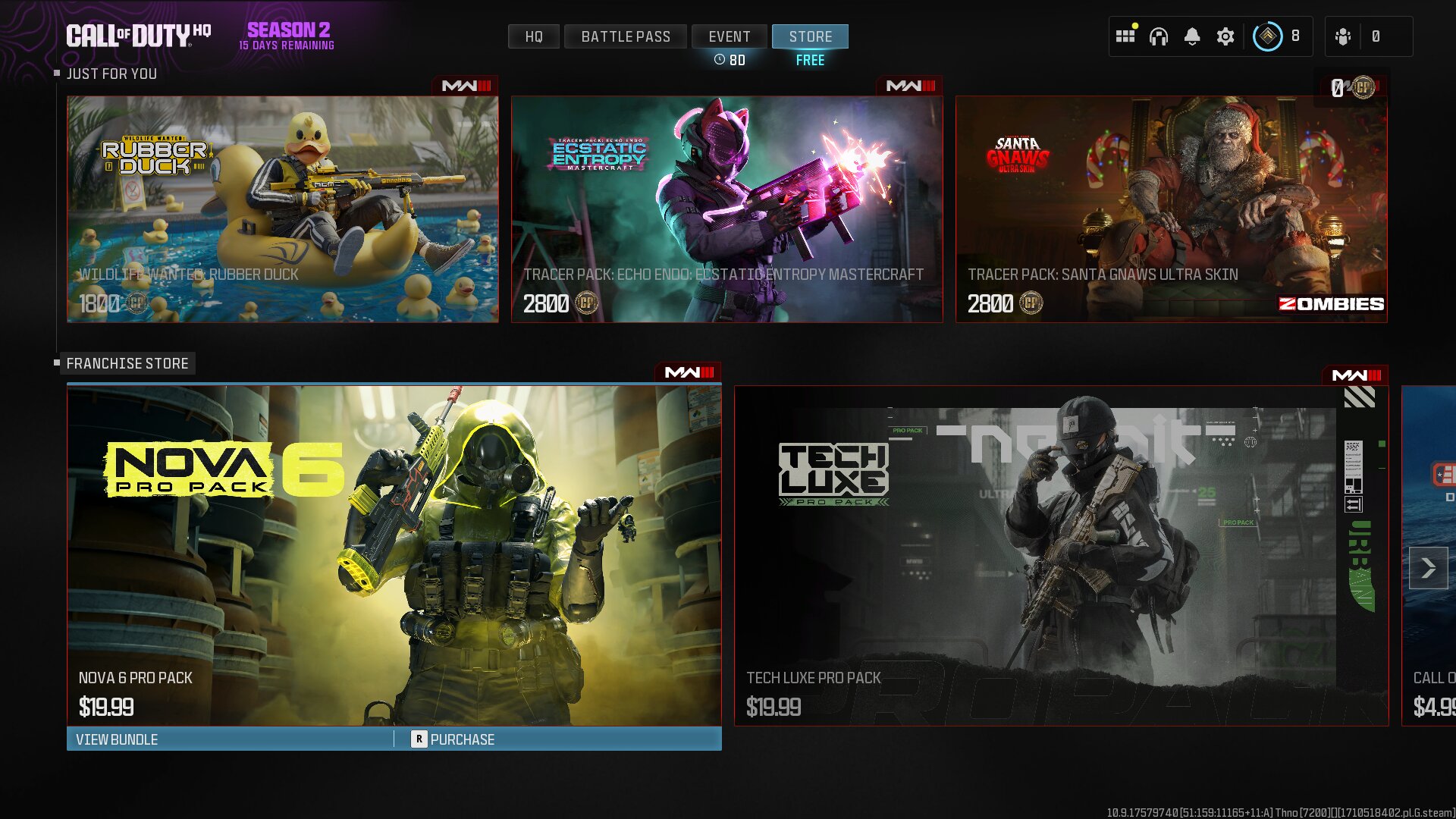
Traditional Microtransactions & Battle Passes Join Forces
Boot up games like Apex Legends, and you’ll find this implementation serving as an extension of the monetization. Even $70 premium titles like Call of Duty resort to the same practice.
This makes the system an even harder pill to swallow since it may not necessarily guarantee the best cosmetics. What happens when you just paid for the latest battle pass and a shiny new skin is being sold separately in the other microtransaction shop?
There’s also the problem of such systems forcing players to adopt specific play styles to complete objectives. This was a major problem that Halo Infinite faced, but things may be about to get much worse.
If reports are to be trusted, Ubisoft intends to debut a battle pass for Assassin’s Creed Shadows through its Infinity platform. This could open the floodgates to the mechanic becoming popular in single-player titles, and I don’t think I’m ready for such a future.
Thank you! Please share your positive feedback. 🔋
How could we improve this post? Please Help us. 😔
[Senior News Reporter]
Avinash is currently pursuing a Business degree in Australia. For more than 5 years, he has been working as a gaming journalist, utilizing his writing skills and love for gaming to report on the latest updates in the industry. Avinash loves to play action games like Devil May Cry and has also been mentioned on highly regarded websites, such as IGN, GamesRadar, GameRant, Dualshockers, CBR, and Gamespot.


